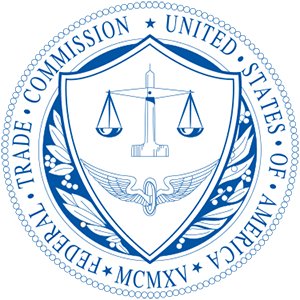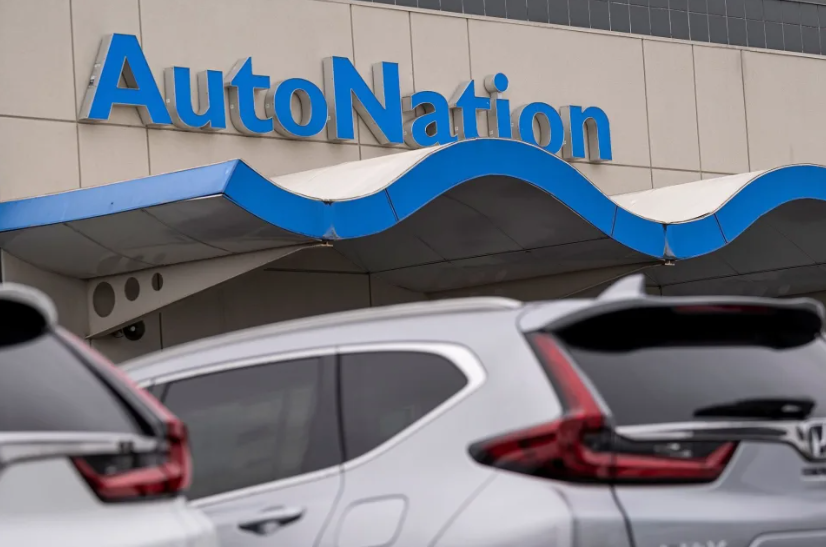In the post-pandemic climate of inventory shortages and heightened consumer demand, industry analysts predicted automakers would sell as many vehicles as they could build. But now, just as supply chains and inventories are starting to flow again, there are new pressures on the horizon. Inflation, and the interest rate hikes meant to ease it, are leading to higher auto financing costs and cooling demand for new cars, according to Agent Entrepreneur.
Last month, the average interest rate on a new vehicle purchase hit 5.7%, an increase from about 4% in 2021. “It seems likely that much of the pent-up demand from limited supply will dissipate quickly as high interest rates erode car buyers’ willingness and ability to buy,” said Cox Automotive Senior Economist Charlie Chesbrough. Adding to the equation, the average price for new vehicles reached $45,971 in Q3 2022, up 10% from a year earlier and the highest of any quarter on record, according to J.D. Power.
The irony for dealerships is that just when new vehicles are finally becoming more available, most car buyers can no longer afford them. AutoPayPlus offers dealerships a solution to this challenge.
AutoPayPlus is an F&I service that uses automated biweekly payments to help car buyers better afford their loan payment, purchase additional products, shorten their trade cycle and return to the dealership with less negative equity. A 10-year analysis has shown that dealerships sell approximately 57% more F&I products on AutoPayPlus deals versus standard retail deals. In addition, results from our company’s top dealer groups reveal a 63% increase in per-vehicle financed income on AutoPayPlus customers.
How does it work? Standard auto loans require one payment every month. Biweekly loan payments divide the monthly amount in half and pay it every two weeks. Because there are 52 weeks in a year, the borrower makes 13 payments over the course of a year (instead of 12) with the extra payment applied to the principal.
These smaller biweekly payments are scheduled to coincide with when the borrower gets paid to make it easier to plan for and ensure timely repayment. On a monthly basis though, the payment amount is the same. Simply put, this biweekly strategy gives dealerships a solution to present affordable payments in challenging times.
A lot has also been written in recent months about the wisdom of generating more revenue from the service department as a way to improve a dealership’s bottom line and, in turn, create customers who return to the dealership to buy their next vehicle. AutoPayPlus can help here, as well.
The company offers dealerships an industry-first fintech solution for increasing profits from customer-pay service and boosting customer retention. AutoPay+PERKS combines the company’s biweekly loan payment service with the added advantage of a Mastercard debit card at no additional cost to the customer or dealer.
Once a customer’s AutoPayPlus account has been active for six months and it’s time for their first service, AutoPayPlus sends them a debit Mastercard co-branded with the dealership’s logo and preloaded with $100 that can only be used at the selling dealership’s service department. A dealer boost program allows dealers to load additional funds to the card, further incentivizing their customers’ return to the dealership. It’s a guaranteed way for dealerships to drive new customers to the service department that doesn’t interfere with any other existing retention program such as pre-paid maintenance and, best of all, it’s easy and can be cost-free for dealerships to implement.
As interest rates increase, car buyers are facing significantly higher auto loan payments. And, with no notable inventory improvements forecasted for the fourth quarter combined with waning new-vehicle demand, Cox Automotive is projecting sales in 2022 will be down more than 9% versus 2021 and at the lowest level in a decade.
Yet, in the face of continued market volatility, supply chain and inventory concerns, and questionable consumer financial strength, opportunity still exists. “The key to a dealership’s success today is to maximize its two primary profit sources,” AutoPayPlus CEO Robert M. Steenbergh explains. “Our programs give agents something to offer their dealerships that no other biweekly program can deliver and a solution to continually build customer loyalty.”
Originally published on Linkedin by John Stephens, CSO of AutoPayPlus. https://www.linkedin.com/pulse/solution-dealership-success-todays-depressed-economy-john-stephens/













